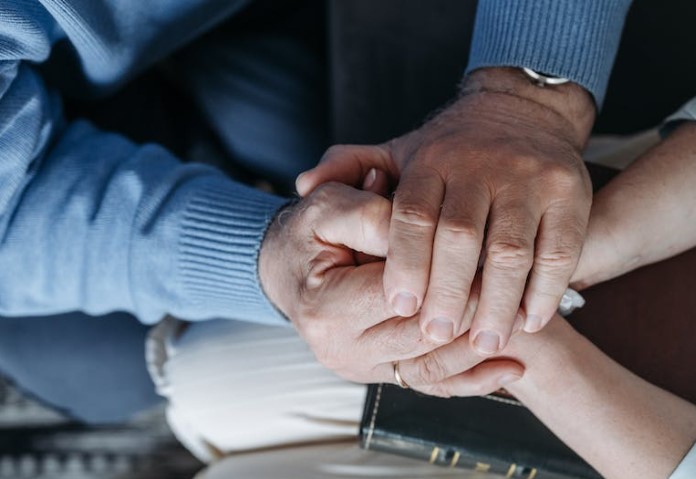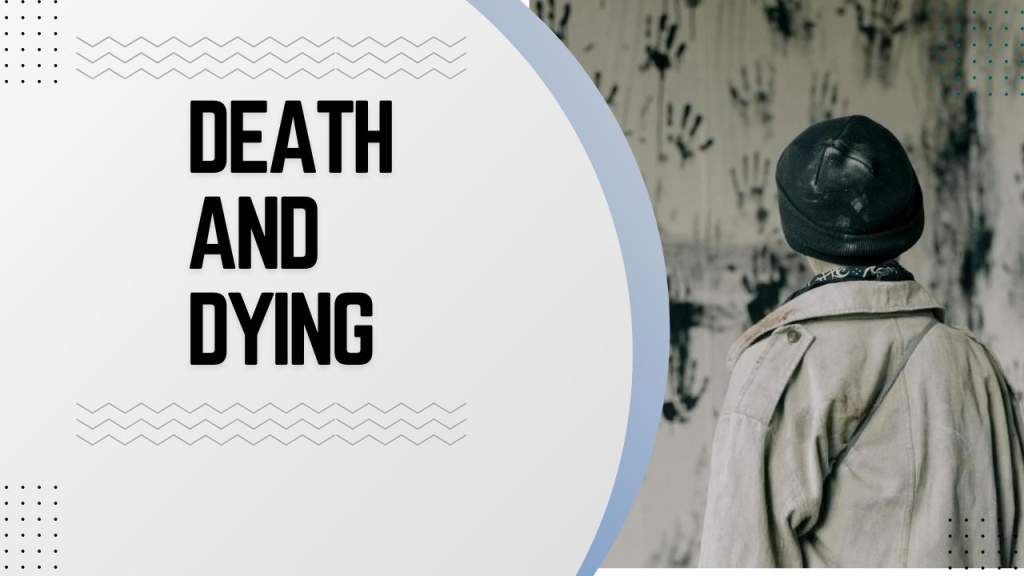Coping With The Of Death Of A Loved One
Death is a reality, but most people hardly know how to deal with it. Losing a loved one is perhaps the worst thing one may experience. Things are worse if the loss is sudden and unexpected, such as a family member dying in a negligent mishap or a terror attack. The event may affect your sanity because you struggle to accept the truth and move on. However, nothing can change the fact that you will never see or meet your loved one again, no matter how much you love them. While everyone copes with loss differently, you can rely on these coping strategies to deal with the death of a loved one.







